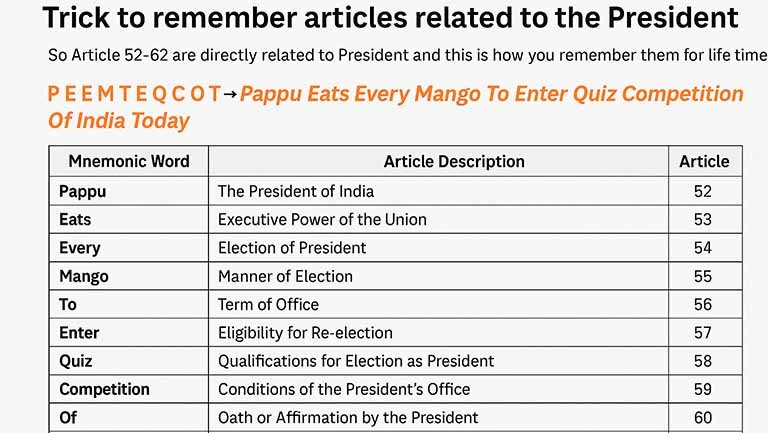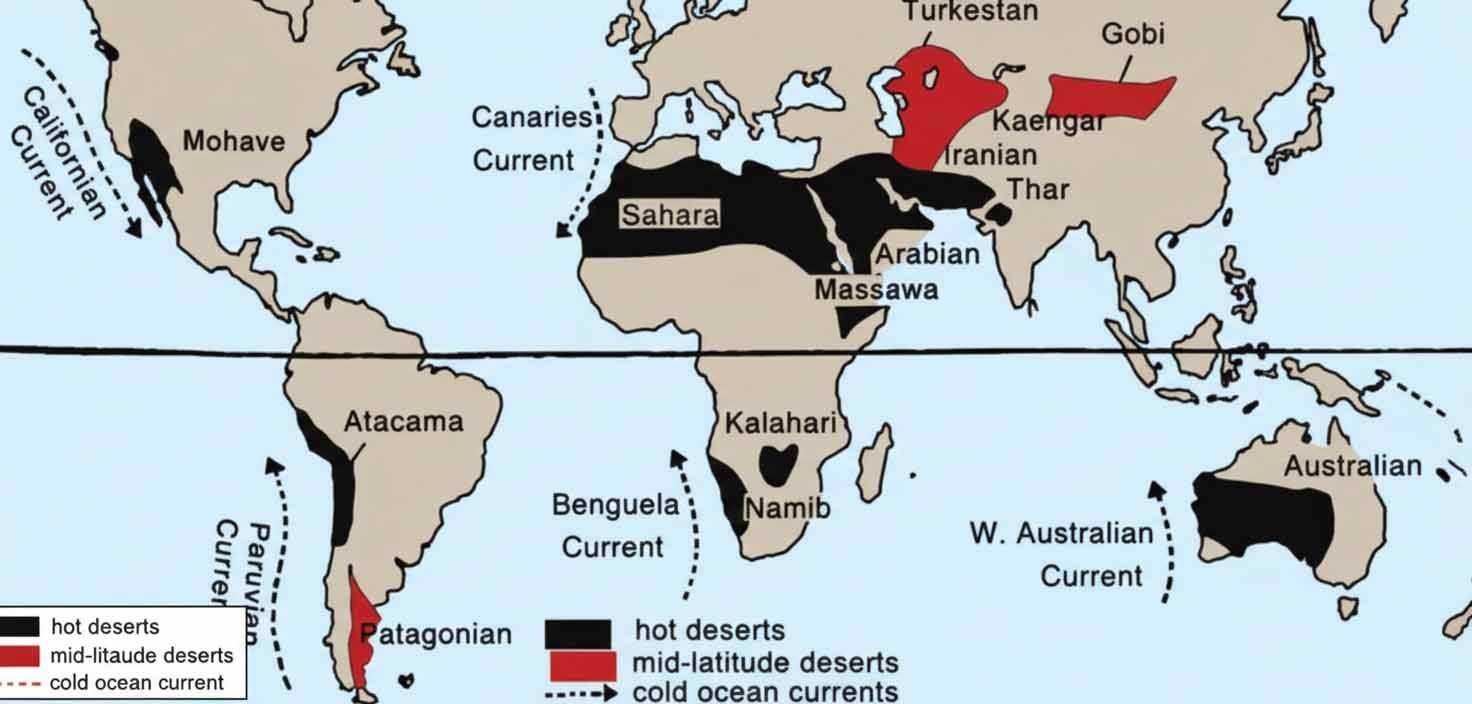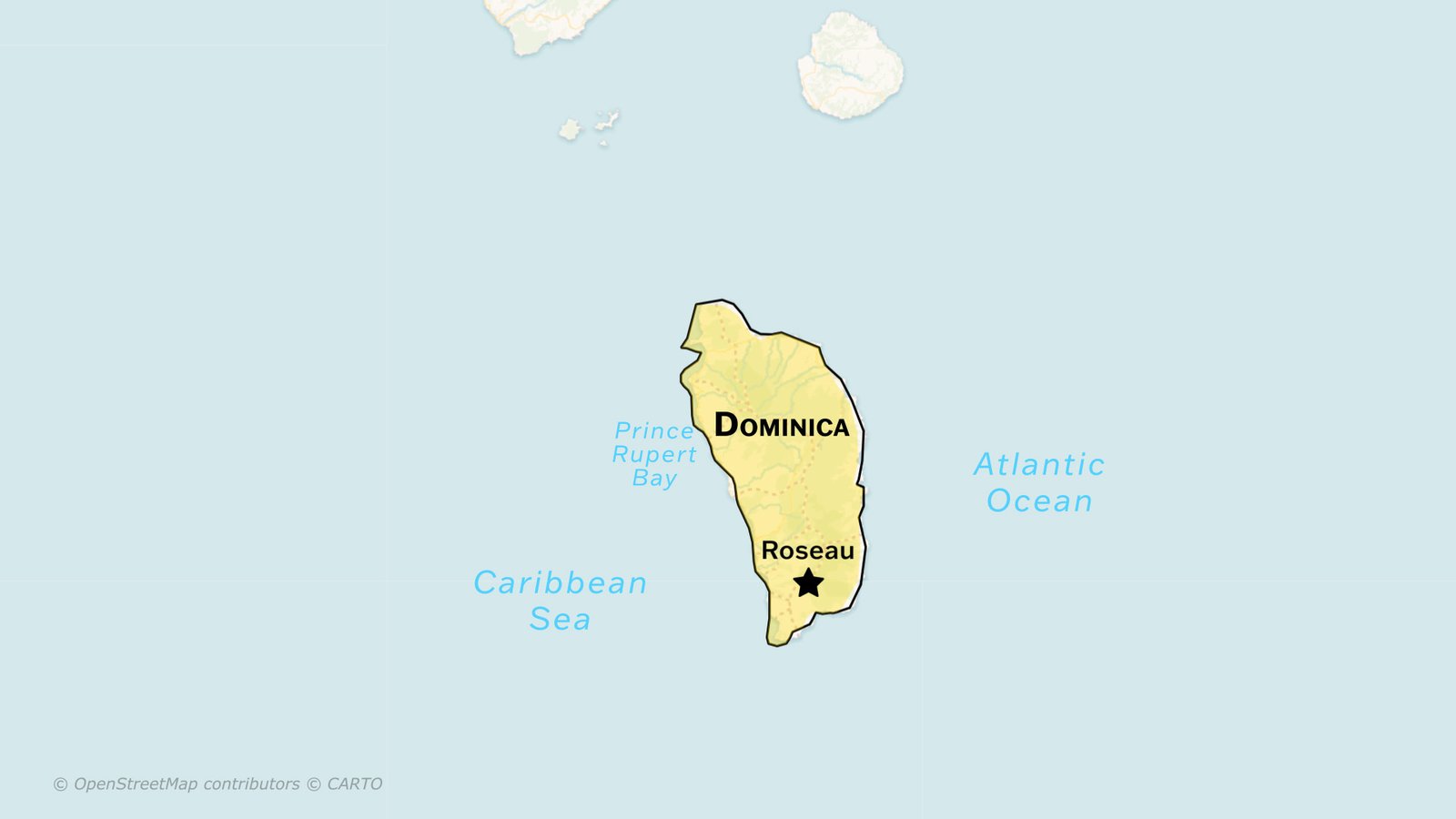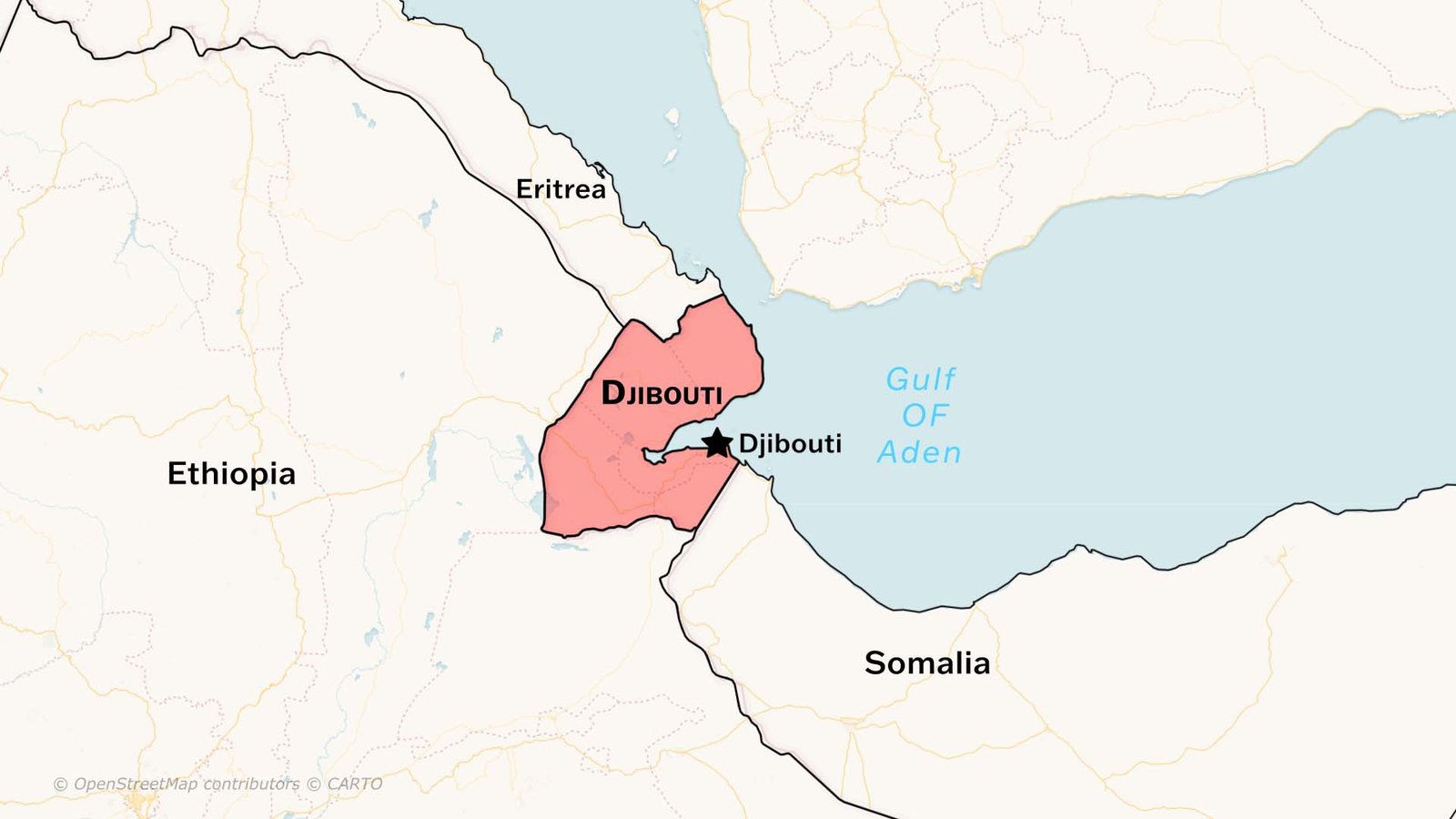This is a trick to remember articles related to the President with a mnemonic. So Articles 52-62 are directly related to the President, and this is how you remember them for life.
P E E M T E Q C O I T → Pappu Eats Every Mango To Enter Quiz Competition Of India Today
P for Pappu and P for President. Article 52 says that there shall be a President of India
E for Eats and E for Executive Power of the Union, Article 53
E from Every stands for the Election of President, Article 54
Mango M, M stands for Manner of Election, Article 55
T from To, which stands for Term of Office, Article 56
E from Enter, which stands for Eligibility for Re-election, Article 57
Q from Quiz, which stands for Qualifications for Election as President, Article 58
C from Competition stands for Conditions of the President’s office, Article 59
O from Of stands for Oath or affirmation by the President, Article 60
I from India stand for the Impeachment procedure of the President, Article 61
And finally, T from Today stands for the Timing of holding an election to fill a vacancy in the office of President, Article 62
Save this PDF from app for free or write it down
| Mnemonic Word | Article Description | Article No. |
|---|---|---|
| Pappu se P | The President of India | Article 52 |
| Eats se E | Executive Power of the Union | Article 53 |
| Every se E | Election of President | Article 54 |
| Mango se M | Manner of Election | Article 55 |
| To se T | Term of Office | Article 56 |
| Enter se E | Eligibility for Re-Election | Article 57 |
| Quiz se Q | Qualifications for Election as President | Article 58 |
| Competition se C | Conditions of the President’s Office | Article 59 |
| Of se O | Oath or Affirmation by the President | Article 60 |
| India se I | Procedure for Impeachment | Article 61 |
| Today se T | Timing of holding an election to fill a vacancy in the office of President | Article 62 |
Articles 52 to 78 in Part V of the Indian Constitution outline the structure of the Union Executive, which includes the President of India and so on.
The Union Executive
The union executive includes the President, Vice-President, the Union Council of Ministers headed by the Prime Minister and the Attorney General.
The Supreme Court defined executive power as the residue of government action that remains after legislative and judicial functions are taken away. The executive function includes maintenance of law and order, safeguarding the security of the country, carrying out day-to-day administration, formulating policy, including preparation of budget, initiating legislation for the administration of the country and determining foreign policy.
Article 52 President of India
There shall be a President of India. “Shall” means the post shall never lie vacant and cannot be abolished.
Article 53 Executive power of the union
The Constitution vests the executive powers of the Central Government in the President, to be exercised by him either directly or through officers subordinate to him, by the Constitution. Officers subordinate to him include ministers, civil servants, armed forces personnel, etc.
The president is the head of the union executive. He is also the head of state. He is the supreme command of the defence forces. He also has the power to declare war or peace. He is the first citizen of India. He is the highest constitutional dignity of the country. He always comes first in the warrant of precedence issued by the state..
Article 54 Election of the President
The President of India is elected indirectly by the people.
He is elected by an electoral college consisting of:
- Elected members of both Houses of Parliament.
- Elected members of the legislative assemblies of the states.
Elected members of the legislative assemblies of the Union Territories of Delhi and Puducherry: After the 17th constitutional amendment act of 1992, the expression ‘states’ include the union territories of Delhi and Puducherry, which started participating in the election of the president from 1997.
Article 58 Qualification of the President
Qualifications to Become the President of India
-
He must be a citizen of India.
-
He should be at least 35 years old.
-
He must be qualified to be a member of the Lok Sabha.
-
He must not hold any office of profit under the Government of India. However, for the purpose of Presidential elections, the offices of President, Vice President, Governor, and Union Minister are not considered offices of profit.
-
If the elected President is a sitting Member of Parliament (either House) or a member of a State Legislature, he is deemed to have vacated that seat upon entering the office of the President.
Under the President and Vice President Election Act of 1952,
a candidate’s nomination must be subscribed by at least 50 electors and seconded by another 50 electors to prevent frivolous candidates from contesting the election. Additionally, the candidate is required to submit a security deposit of ₹15,000.
Article 61 Impeachment of the President
Impeachment is a legislative action, whereas removal is an executive action. Impeachment is a very formal and strict procedure, while removal may or may not be formal. For instance, the Vice President is removed through a formal process, but it is not called impeachment.
Under Article 61 of the Constitution, the President can be impeached by Parliament on the grounds of violation of the Constitution. However, the Constitution does not define what constitutes a violation, leaving it as a political determination to be made by Parliament.
A motion seeking impeachment must be introduced in the form of a resolution in either House of Parliament. To be admitted, the resolution must be supported by at least one-fourth of the total membership of that House.
The resolution can be taken up only after a 14-day notice has been served to the President. To pass, the motion must secure the support of not less than two-thirds of the total membership of the House. Once passed, the resolution is transmitted to the other House, which acts as the investigating body. This House investigates the charges against the President or may cause them to be investigated.
The President has the right to defend himself, either personally or through an attorney of his choice, during the investigation in the second House.
The functions performed by the second House are quasi-judicial in nature. If, after investigation, the second House also passes the resolution by a two-thirds majority, the President stands impeached.
The President stands impeached from his office from the date on which the second house passed a resolution, however, all decisions taken in the name of the President before his impeachment shall continue to be valid.
There is also a provision for judicial review of the impeachment process.
Article 62: Timing of Holding Election in Case of Vacancy
Under Article 62 of the Indian Constitution, an election to fill a vacancy caused by the expiry of the President’s term must be held before the completion of five years from the date the current President took office. However, suppose a candidate elected as President is unable to assume office by taking the oath. In that case, the incumbent President shall continue in office beyond the normal five-year term until the successor can enter upon the office.
Suppose the vacancy arises due to death, resignation, or impeachment. In that case, the election must be held as early as possible and, in any case, within six months from the date the vacancy arises. And also, if the office of the President falls vacant before the expiry of the five-year term, the Vice President shall act as the President of India.
Article 72: Pardoning Powers of the President
| Term | Meaning |
|---|---|
| Pardon | Completely absolves the offender from all punishment and conviction. |
| Reprieve | Temporary stay on execution of the sentence. |
| Respite | Awarding a lesser punishment on special grounds. |
| Remission | Reduces the length of the sentence without changing its nature. |
| Commutation | Substitutes one form of punishment with a lighter one. |
Additional Notes:
-
Only the President can pardon death sentences or court-martial punishments— not the Governor.
-
These powers are executive, not judicial in nature.
-
The President is not a court of appeal under Article 72 and may refuse to entertain a petition.
To understand the rest of the articles, please read this post: The President of India explained
Watch shorts
To grab the detailed PDF format information, visit the Indiashastra app website.
To install the Official app, Visit Their Official Site, click here







